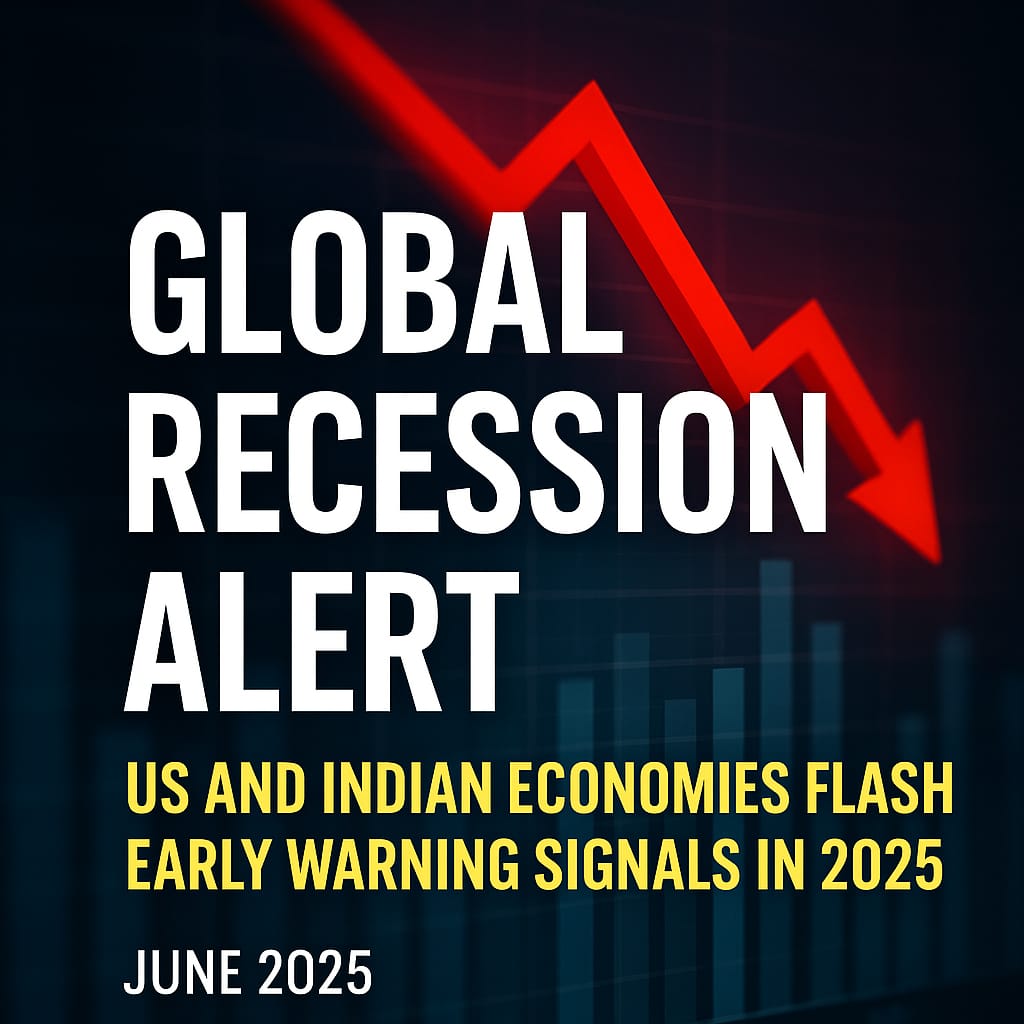New US Credit Card Law 2025: Millions to Face Extra Fees Starting July

Finance News / USA News New US Credit Card Law 2025: Millions to Face Extra Fees Starting July
Washington, D.C. – In a significant move, the Federal Trade Commission (FTC) has announced that the new US credit card regulation will go into effect starting July 1, 2025. The new policy is expected to affect over 190 million credit card users across the United States.
🔍 Key Changes in the Law:
Under the new regulation, all credit card issuers—banks and private fintech companies—must comply with the following: International purchases may carry a surcharge of up to $35. Late fees will be capped at $20, revised from the current $15 standard. Annual Percentage Rate (APR) must be clearly disclosed on every monthly bill. Two-Factor Authentication (2FA) will be mandatory for any transaction over $500.

📊 Why This Law Matters
According to recent surveys, the average credit card debt in the U.S. has crossed $6,000 per household, while average APRs now exceed 21.5%. With the introduction of these new rules, many Americans could find themselves paying more hidden fees, especially if unaware of these regulatory updates.
💬 Public Reactions
> “This is just another way for banks to profit while working families suffer,” says Linda Matthews, a school nurse in Michigan. > “We need more transparency. I support this law if it helps us understand exactly what we’re being charged for,” says George Lin, a New York-based consultant.

✅ What You Should Do Now
To avoid unexpected charges and maintain a healthy credit score, users are advised to:
Read the new credit card terms issued by their banks.
Avoid international transactions on cards with high fees.
Enable 2FA to secure large purchases.
Consider low-interest or 0% APR cards for better control.
🔚 Final Words
This new credit card law may seem minor, but its impact on day-to-day consumers could be significant. Whether you’re a student, working professional, or a small business owner, staying updated with financial laws will help you avoid unnecessary charges and penalties.



